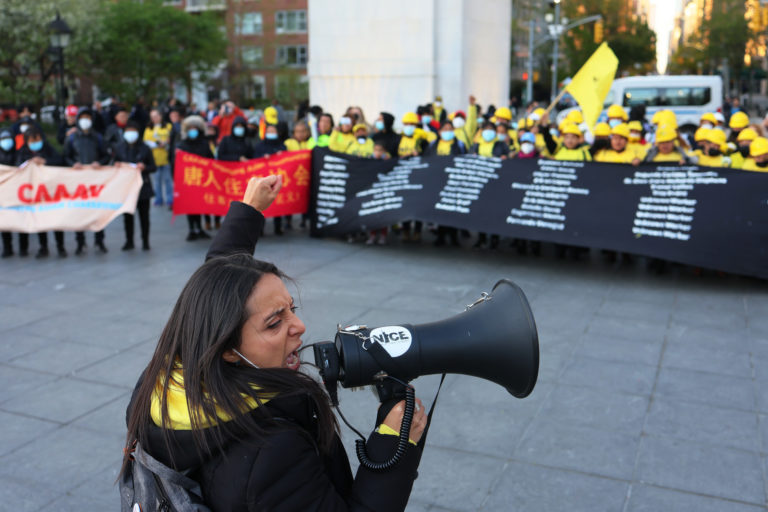Deanna Krokos is a student at Harvard Law School
Last week, Virginia became a “standout in the South” by enacting legislation to protect LGBTQ workers from discrimination in the workplace. The “Virginia Values Act” allows LGBTQ workers to sue for damages if they are mistreated or fired on the basis of their sexual orientation, and BloombergLaw reports that it also eliminates the state’s cap on damages that a worker can be awarded. While a minority of states have passed similar legislation, the bill is a significant step toward securing nationwide protections. This also comes as the nation awaits the Supreme Court’s ruling on whether the Civil Rights Act of 1964’s protections against sex discrimination in Title VII already encompasses those protections. Virginia’s law will go in to effect July 1st.
BloombergLaw reports that hundreds of meat workers in the U.S. have tested positive for COVID-19. Facilities in Colorado, Pennsylvania, and South Dakota have all reported outbreaks, leading to concerns about worker safety among personnel essential to maintaining food supply. These jobs are labor-intensive, and require close contact between workers throughout the plant. Some plants have suspended operations during the outbreak, but “most farms and food companies” are continuing to operate although a source told NPR that the risks and pressures have made “the decline in available workers… severe.”
The risks in the meat industry are extreme but not unique; throughout the country, workers are facing threats to their health and security to perform essential jobs This week, the FDA issued new guidance to employers throughout the food-service and grocery industries. This guidance includes many already-common practices of facial coverings, social distancing, and protocols for assessing worker health during every shift to prevent wider exposure.
But The Washington Post reports that the FDA’s power is limited. The FDA’s regulatory authority extends to food safety, not general working conditions, and they are not able to require establishments to limit the public capacity of workplaces or enforce any stringent rules. Many local governments have filled this gap, including Washington, D.C. Miami, FL and the state of Maryland, but some are looking to the Occupational Safety and Health Administration to step in. The bulk of OSHA’s response has been non-binding, non-enforceable “alerts” suggesting safety tips. The Hill published an opinion piece by Justice at Work’s Michal Felsen calling for emergency temporary regulations to protect frontline workers and fulfill the agency’s mission.






Daily News & Commentary
Start your day with our roundup of the latest labor developments. See all
December 21
Argentine unions march against labor law reform; WNBA players vote to authorize a strike; and the NLRB prepares to clear its backlog.
December 19
Labor law professors file an amici curiae and the NLRB regains quorum.
December 18
New Jersey adopts disparate impact rules; Teamsters oppose railroad merger; court pauses more shutdown layoffs.
December 17
The TSA suspends a labor union representing 47,000 officers for a second time; the Trump administration seeks to recruit over 1,000 artificial intelligence experts to the federal workforce; and the New York Times reports on the tumultuous changes that U.S. labor relations has seen over the past year.
December 16
Second Circuit affirms dismissal of former collegiate athletes’ antitrust suit; UPS will invest $120 million in truck-unloading robots; Sharon Block argues there are reasons for optimism about labor’s future.
December 15
Advocating a private right of action for the NLRA, 11th Circuit criticizes McDonnell Douglas, Congress considers amending WARN Act.